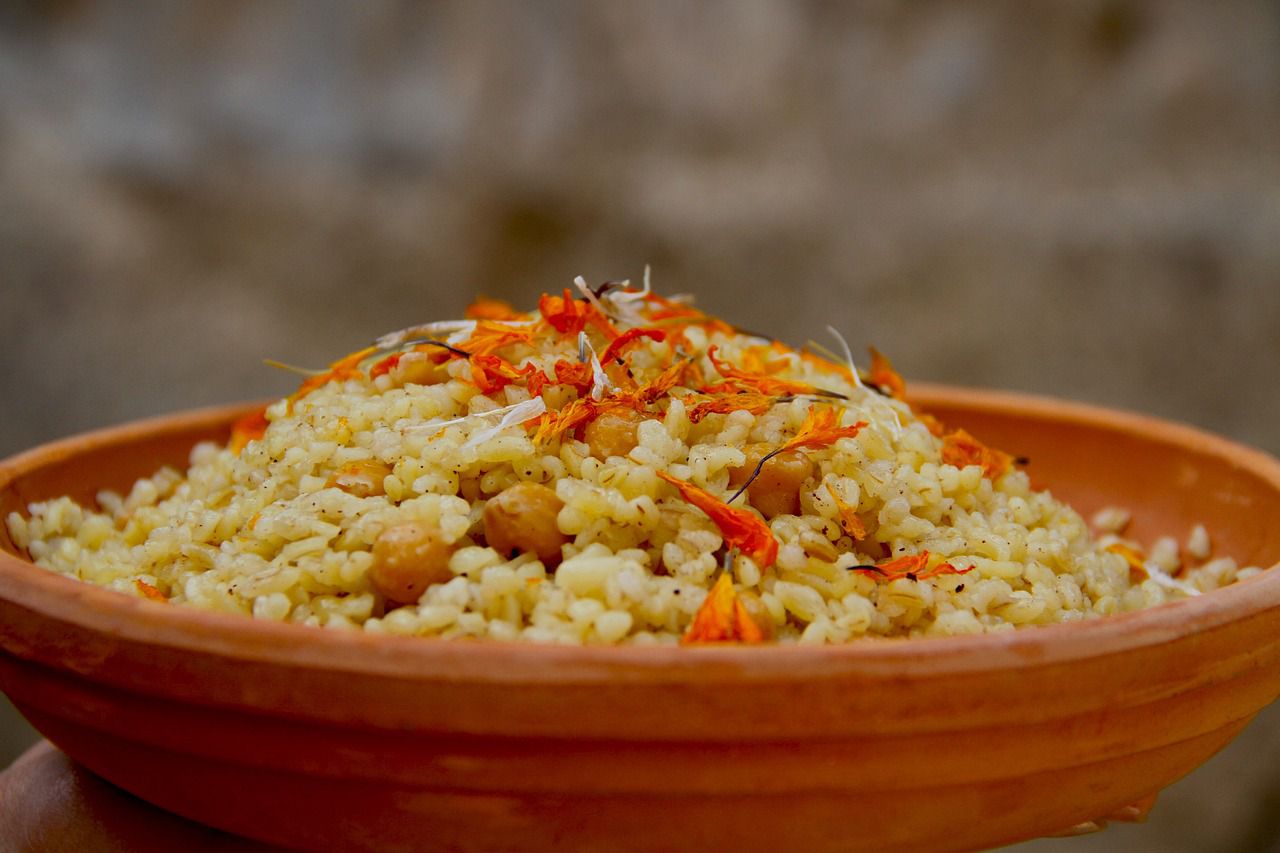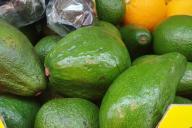Bulgur is a healthy gran that can be delicious on its own, or added to soups and other dishes.
Though it seems that it's pretty easy to cook it right, you can still make some mistakes, and the grain will be hard and unpleasant to eat.
Here are some of them.
Insufficient Cooking Time
Bulgur requires adequate cooking time to soften and become tender.
If you haven't cooked it for long enough, the grains may remain hard.

Ensure that you follow the recommended cooking time specified on the packaging or in your recipe.
Insufficient Liquid
Bulgur needs enough liquid to properly cook and absorb moisture.
If you didn't add enough liquid during the cooking process, the grains may not have had sufficient moisture to soften.
Be sure to use the correct ratio of water or broth to bulgur as specified in the recipe.
Incorrect Heat Level
Cooking bulgur over low heat or not bringing it to a boil can result in undercooking.
It's important to bring the liquid to a boil and then reduce the heat to a simmer before adding the bulgur.
Simmering the bulgur on low heat allows it to gradually absorb the liquid and become tender.
Using Coarse Bulgur
There are different varieties of bulgur available, ranging from fine to coarse.
Coarse bulgur takes longer to cook and may require more liquid compared to fine bulgur.
If you used coarse bulgur but didn't adjust the cooking time or liquid accordingly, it may remain hard after cooking.









